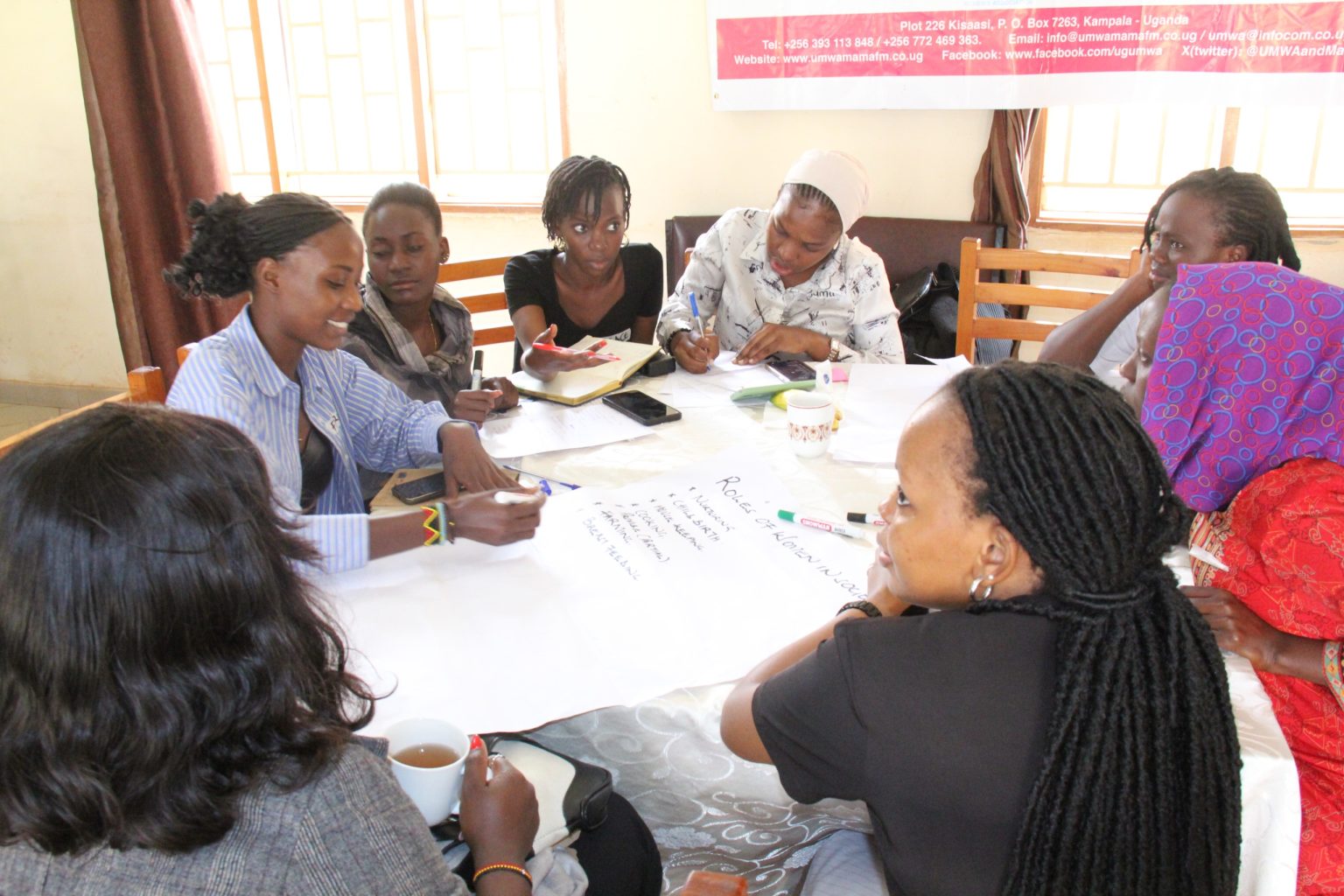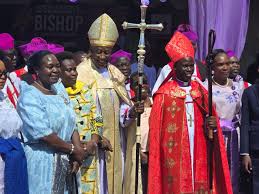As the world becomes increasingly digital, journalists are turning to online platforms to research, report, and publish their stories. But while the internet offers speed and wider reach, it also comes with new risks — from cyber threats to the ethical challenges of reporting on sensitive issues like gender-based violence (GBV).
To address these challenges, the Uganda Media Women’s Association (UMWA), with support from UNDP and UN Women, organized a training workshop for online journalists aimed at improving responsible and ethical GBV reporting while enhancing digital safety skills.
The two-day physical training, held in Kampala, brought together dozens of online journalists from different media outlets. The sessions focused on how journalists can use their platforms to raise awareness about GBV without causing further harm to survivors.
According to Doreen Nsampa, UMWA’s Programme Officer for Lobbying and Advocacy, many GBV stories in the media are either underreported or poorly framed, leading to misinformation or the re-traumatization of victims.
“We realized that GBV stories are largely underreported, yet such cases occur almost daily,” Nsampa said.
“Many citizen journalists are active online but lack the skills to report on GBV in a sensitive and balanced way. Sometimes, their coverage does more harm than good.”
Nsampa emphasized that the goal of the training was to help journalists shift public narratives from victim-blaming toward empathy and positive change.
Laila Ndagire, UMWA’s Project Officer, noted that digital media has given rise to more citizen journalism, but inclusivity remains a major challenge.
“Many GBV stories published online present only one side,” Ndagire said. “That’s often because journalists either don’t have the right training or don’t see the value of including multiple perspectives. One-sided reporting leads to misrepresentation and victim-blaming.”
She added that through the training, journalists were encouraged to adopt a solution-oriented approach — one that highlights survivor support, accountability, and social change rather than just focusing on tragedy.
Beyond reporting ethics, the workshop also focused on cybersecurity and digital resilience. Participants learned practical skills to protect themselves from online harassment, hacking, and privacy breaches — threats that many female journalists in particular face.
“We want journalists to not only protect the people they report about but also to protect themselves in digital spaces,” Ndagire explained.
Participants were trained on password management, online anonymity, and secure data storage to minimize vulnerability to cyberattacks.
One of the participants, Faridah Mbabazi, shared how eye-opening the training had been for her.
“I’ve learned so much about the injustices that exist in online spaces,” Mbabazi said. “This training has improved my ability to report more responsibly and ethically online.”
The training is part of UMWA’s broader mission to promote gender-sensitive journalism and protect women’s rights in the media industry. Over the years, UMWA has spearheaded several initiatives on media ethics, gender balance in reporting, and safety for journalists working in both physical and online spaces.
“We believe that informed, ethical journalists can play a major role in ending GBV and creating safer digital environments for all,” Nsampa concluded.
As online journalism continues to expand, such capacity-building programs are seen as essential to ensuring accuracy, inclusivity, and safety in media practice.
The Uganda Media Women’s Association (UMWA) is a non-profit organization that advocates for gender equality and professionalism in the media industry. Founded in 1983, it works to empower women journalists and promote fair, balanced reporting on issues affecting women and marginalized groups.



